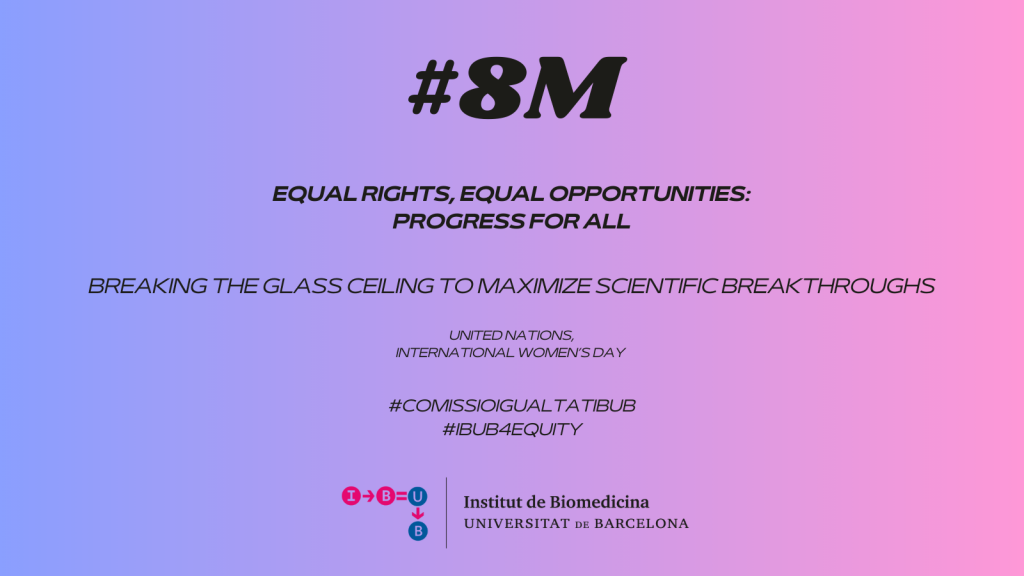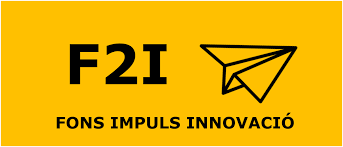Bru Cormand, head of the Neurogenetics Research Group at the Faculty of Biology and IBUB reseracher, takes part in an international study carried out with 2,600 families that reveals the impact of paternally-inherited rare genetic variants in autism, a polygenic disease which is hard to diagnose and to treat. The study, published in the journal Science, identifies several genetic variants related to autism, which are caused by deletions, tandem duplications, inversions, complex structural changes and several kinds of mobile genetic elements that shape a new genetic landscape for the autistic spectrum.

According to the researcher Bru Cormand, “the new study is different from the research that has been conducted so far on the genetics of autism for two reasons: first, it explores the impact of the inherited rare genetic variants in autism, while many previous studies worked on de novo rare variants, i.e. mutations that come up during gamete formation but which are not present in the parents”. “Moreover, the study is focused on structural alterations, that is, the changes in DNA long segments – deletions, duplications, insertions or inversions- while previous research analysed changes in a single nucleotide. These genetic variants are especially relevant due their potential impact on the regulation of the gene expression. There are studies with a higher number of patients but the new one covers an innovative perspective of the genetics of autism that required a huge effort when it comes to the biocomputer data analysis”.




